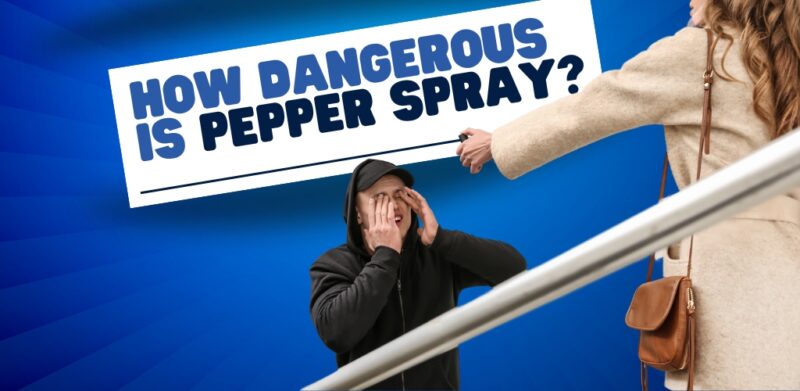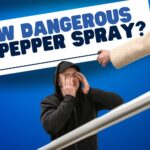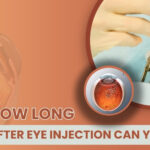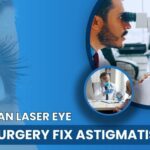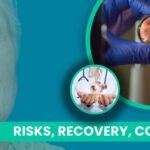In an increasingly uncertain world, personal safety is paramount. Many individuals are seeking effective self-defense tools, and pepper spray often tops the list. But it’s accompanied by a cloud of confusion and fear: Can pepper spray blind you?
Let’s dive into the details to unravel the myths and facts about this ubiquitous self-defense tool.
The Basics of Pepper Spray
Pepper spray, also known as oleoresin capsicum (OC) spray, is a lachrymatory agent—a substance that stimulates the eyes to produce tears. It’s a combination of a carrier like water or oil, a propellant, and the active ingredient—capsaicin, an extract derived from chili peppers. Capsaicin induces a burning sensation when it comes into contact with any tissue.
The spray’s potency is measured in Scoville Heat Units (SHUs), the same scale used to measure the spiciness of peppers. To give you a sense of its power, jalapenos range from 2,500 to 8,000 SHUs, while pepper spray typically starts at 500,000 SHUs and can exceed 5 million SHUs in some variants.
Immediate Effects
Once sprayed, the capsaicin in the pepper spray inflames the mucous membranes of the eyes, nose, throat, and lungs, causing an immediate and intense burning sensation. This provokes the following reactions:
- Eye Closure: The eyes involuntarily shut due to severe irritation, making it hard, if not impossible, to open them.
- Tears and Mucus Production: The body tries to flush out the irritant, resulting in excessive tearing and mucus production.
- Coughing and Choking: When inhaled, pepper spray can cause coughing, choking, and difficulty in breathing due to the inflammation of the airways.
- Pain and Disorientation: The intense burning pain and temporary blindness can cause panic, disorientation, and fear.
These effects typically last from 20 minutes to an hour, depending on the potency of the spray and the individual’s sensitivity.
So, Can Pepper Spray Cause Blindness?
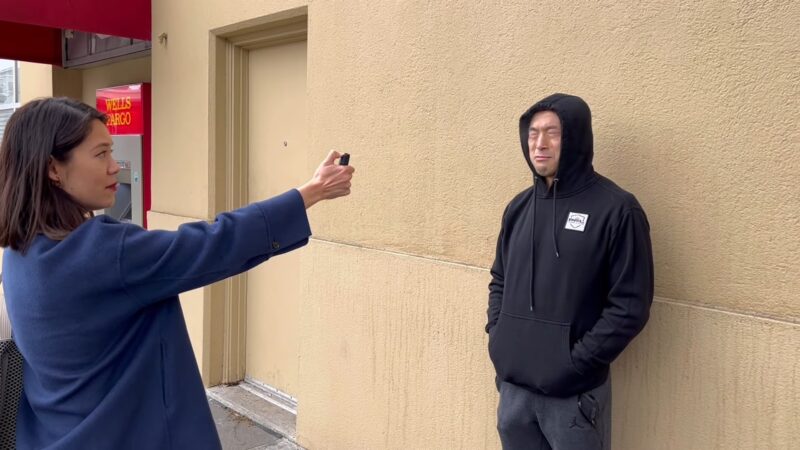
The short answer is: No, pepper spray typically does not cause permanent blindness. However, it can cause temporary blindness and severe eye irritation, which may feel like blindness to the person affected.
When pepper spray comes into contact with the eyes, it causes temporary involuntary eye closure due to intense irritation. The eyes do this to protect themselves. However, it’s important to note that if the spray is not properly washed out, prolonged exposure could potentially cause damage.
Prolonged Exposure and Complications
While temporary effects are usually non-damaging, prolonged exposure to the spray without appropriate decontamination can potentially lead to more serious complications.
- Corneal Abrasions: If a person tries to rub their eyes forcefully to remove the pepper spray, it can result in scratches or abrasions on the cornea, which can cause significant discomfort and require medical treatment.
- Allergic Reactions: Some individuals may be allergic to the ingredients in the spray, leading to severe reactions that need medical intervention.
- Respiratory Distress: People with pre-existing respiratory conditions like asthma or COPD may experience severe respiratory distress when exposed to pepper spray.
- Contact Lens Complications: Those wearing contact lenses at the time of exposure may suffer more intense effects, as the capsaicin can get trapped under the lenses, prolonging exposure.
How to React if Sprayed with Pepper Spray?
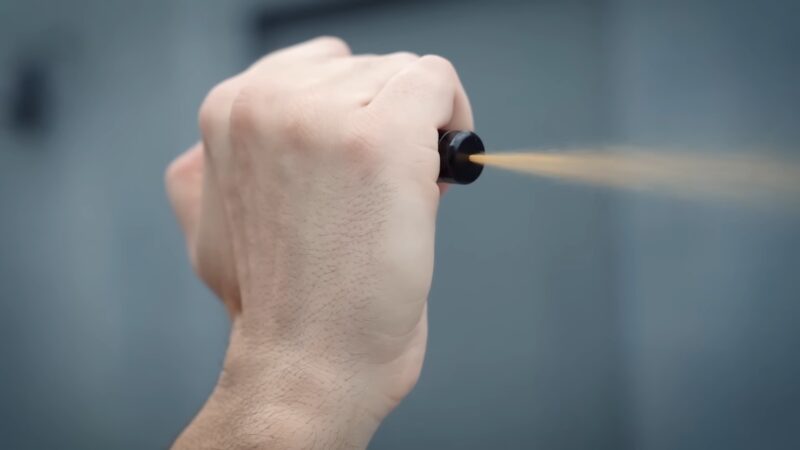
If you or someone else is exposed to pepper spray, it’s crucial to take immediate action:
- Move Away: The first step is to move out of the area to avoid further exposure, especially if the spray is still in the air.
- Do Not Touch or Rub: As instinctive as it may be, resist rubbing your eyes. This can worsen the irritation and potentially cause corneal abrasions.
- Blink Rapidly: Blinking helps stimulate tears, which can assist in flushing out the irritant.
- Rinse with Cool Water: As soon as possible, begin to rinse your eyes and face with cool water. Do not use hot water, as it can intensify the burning sensation.
- Use a Detergent or Shampoo: A mild detergent or baby shampoo can help break down the oil-based capsaicin. Close your eyes, lather some soap between wet hands, and gently wash your face. Rinse thoroughly. Repeat this process several times.
- Seek Medical Attention: If the pain continues, or if you experience vision problems, difficulty breathing, or other severe symptoms, seek medical attention immediately.
The Ethical Considerations
While pepper spray is a powerful self-defense tool, it’s important to use it responsibly and ethically. Indiscriminate use can lead to unnecessary harm and potential legal consequences. Always follow local laws and regulations concerning its possession and use.
Innovations in Pepper Spray Technology

In recent years, advancements have been made to make pepper sprays safer and more efficient.
- Gel Sprays: Gel-based pepper sprays are a safer alternative to traditional sprays. The gel sticks to the attacker, reducing the chance of affecting bystanders. Moreover, gels are less affected by wind, reducing the risk of self-contamination.
- Pepper Spray with UV Dye: Some pepper sprays now include UV dye. This invisible dye shows up under UV light, helping law enforcement identify attackers after the fact.
- Smart Pepper Spray: Certain brands offer ‘smart’ pepper spray, which sends an alert to emergency services or designated contacts when used, providing your location.
Understanding the Legal Aspect
The legal status of pepper spray varies widely. In many places, it’s legal to purchase and carry for self-defense purposes, but there may be restrictions on the age of purchase, the size of the canister, or the potency of the spray. Some places require a permit. Always check local laws before purchasing or carrying pepper spray or any self-defense tool.
Final Words
The fear of permanent blindness from pepper spray is generally unfounded. It’s designed to deter and incapacitate temporarily, not to cause lasting harm. However, this doesn’t mean its effects should be taken lightly. If you choose to carry pepper spray, do so responsibly, with an understanding of the potential impacts and a plan to react if you or someone else is exposed.
Ultimately, pepper spray is just one tool in the larger context of personal safety. It’s equally important to be aware of your surroundings, trust your instincts, and know when and how to seek help when needed.
And remember, the best self-defense is often avoiding dangerous situations in the first place. Stay safe!

